SYNAPSES Evaluated Resources
On this page you can find all resources that have been identified and evaluated by the SYNAPSES consortium. Are you looking for resources specifically for you? Use the filtering system on the left.
For a description of the Aims and Learning Outomes (LO) refer to this page.
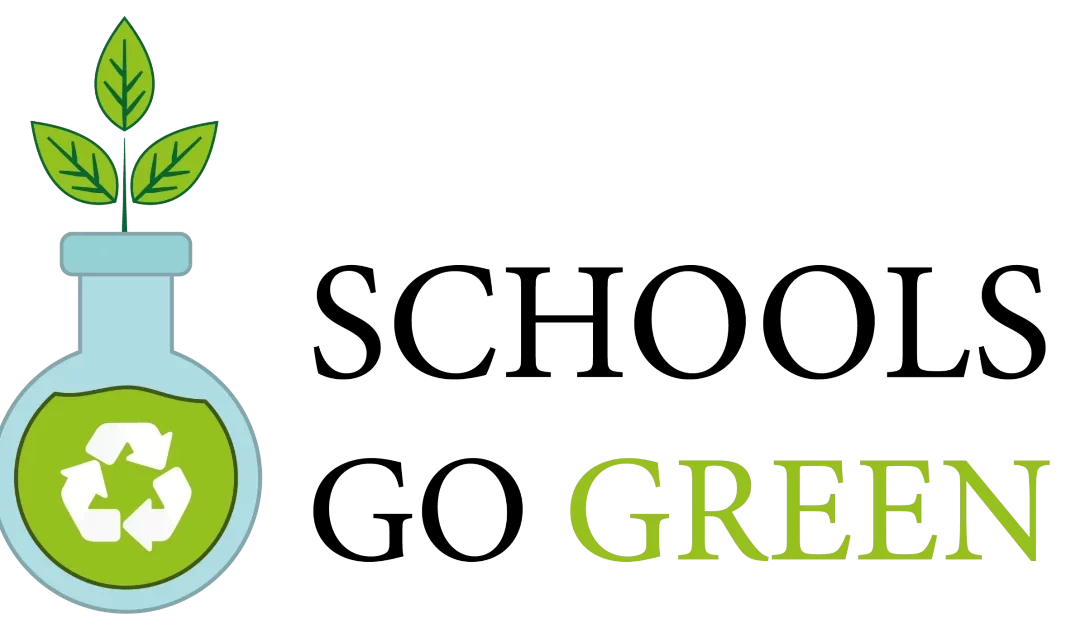
Schools go Green
This educational material consists of a multimedia Eco-Glossary based on small stories accompanied by a set of e-learning materials using audio-visual tools, like presentations for students, teacher handbooks and lesson plans. The learning material follows the whole school approach as it involves teachers, teacher educators, school leaders and researchers.
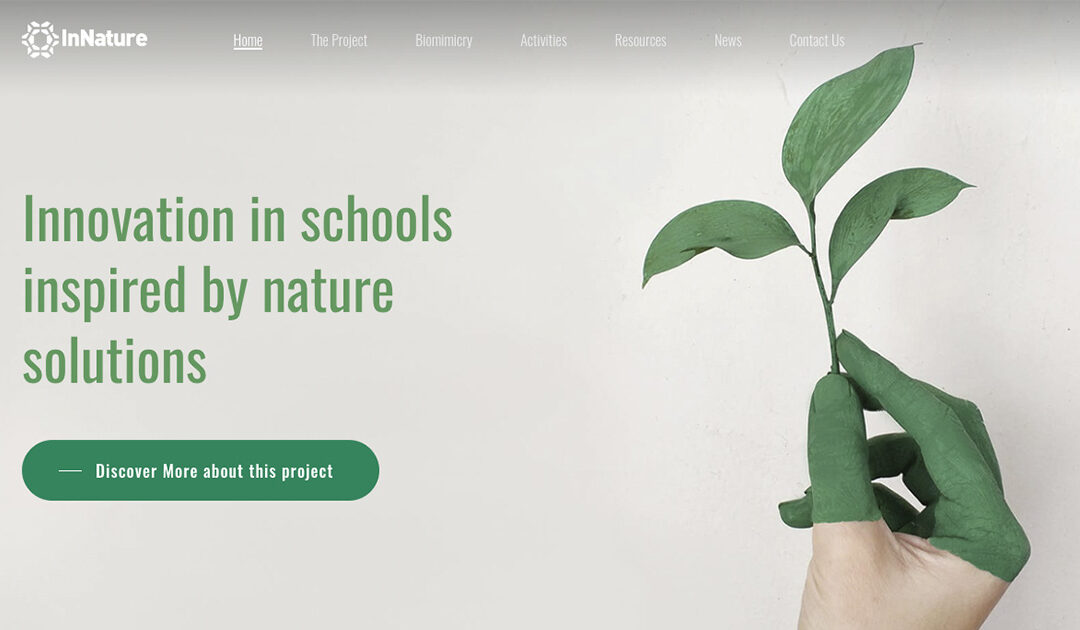
InNature
The InNature Project promotes biomimicry awareness and skills in schools, offering two toolboxes: the “Biomimicry Challenge” with lesson plans, and “Biomimicry 3.8” for workshops. Resources include teacher training, a toolkit, good practices catalog, and a 3-day “InNature Fair.” Materials are accessible online in multiple languages.
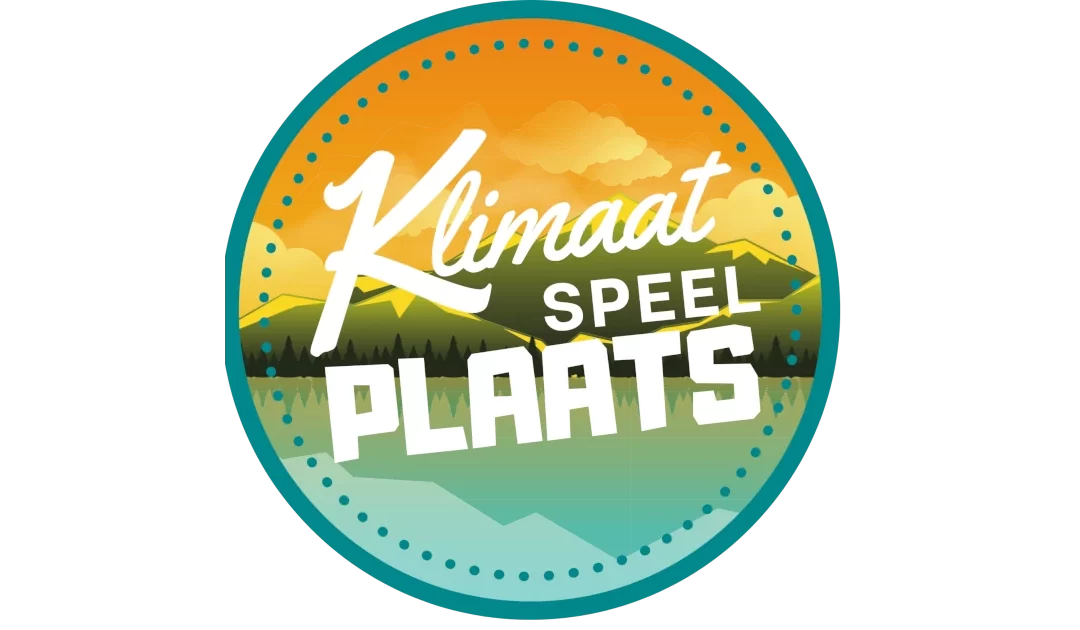
Climate Playground
Climate playground is an Erasmus+ project executed by the Sint-Paulus school and partners in Belgium. The school transformed from a tiled, grey playground with little greenery into a ‘climate-adaptive’ school ground. On the website, they showcase what they have done and give practical tips for how others can implement this.
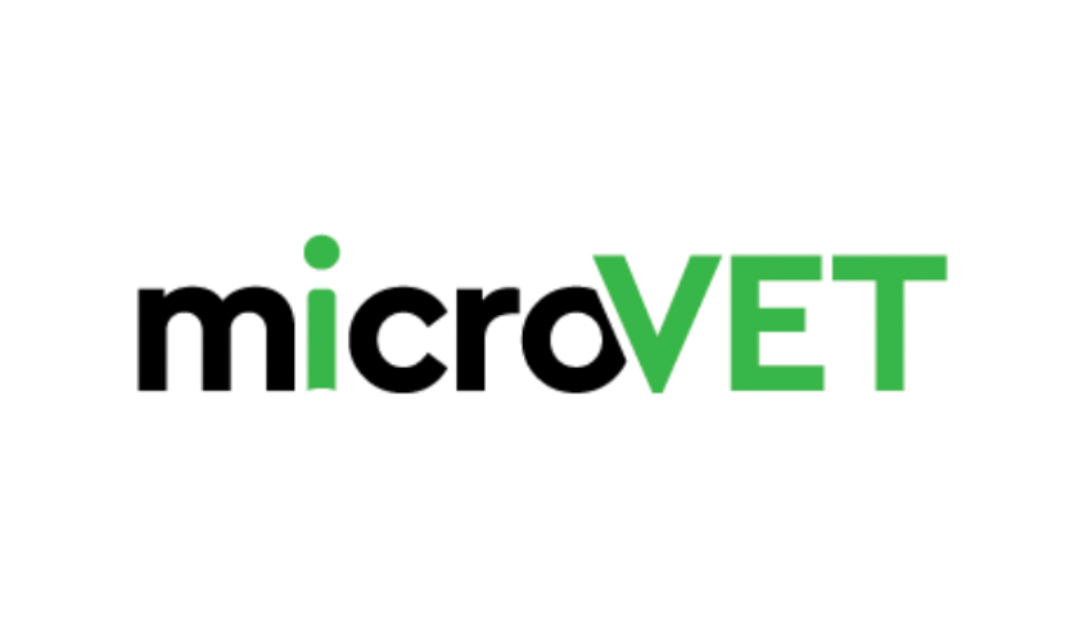
Inclusive science education and art
This resource links to a micro-credential course on inclusive science education and art through the Open-Ended scenario Framework.
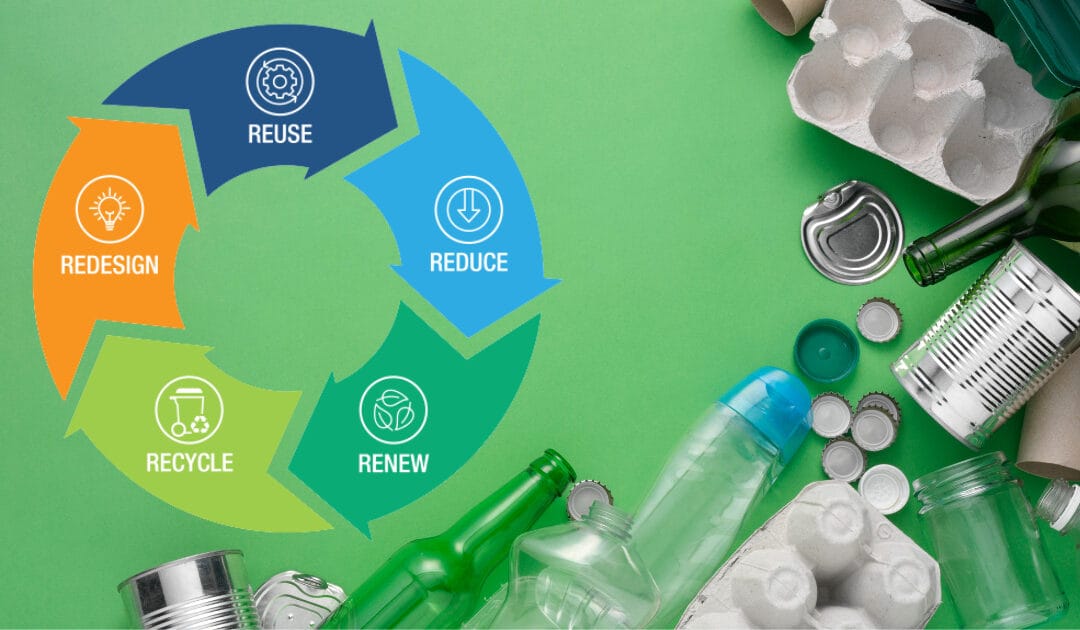
Lesson Plans on Refuse, Reduce, Reuse, Recycle, and Repair
A collection of lesson plans designed to educate students aged 6-8 on the principles of Refuse, Reduce, Reuse, Recycle, and Repair, promoting responsible waste management and environmental stewardship.
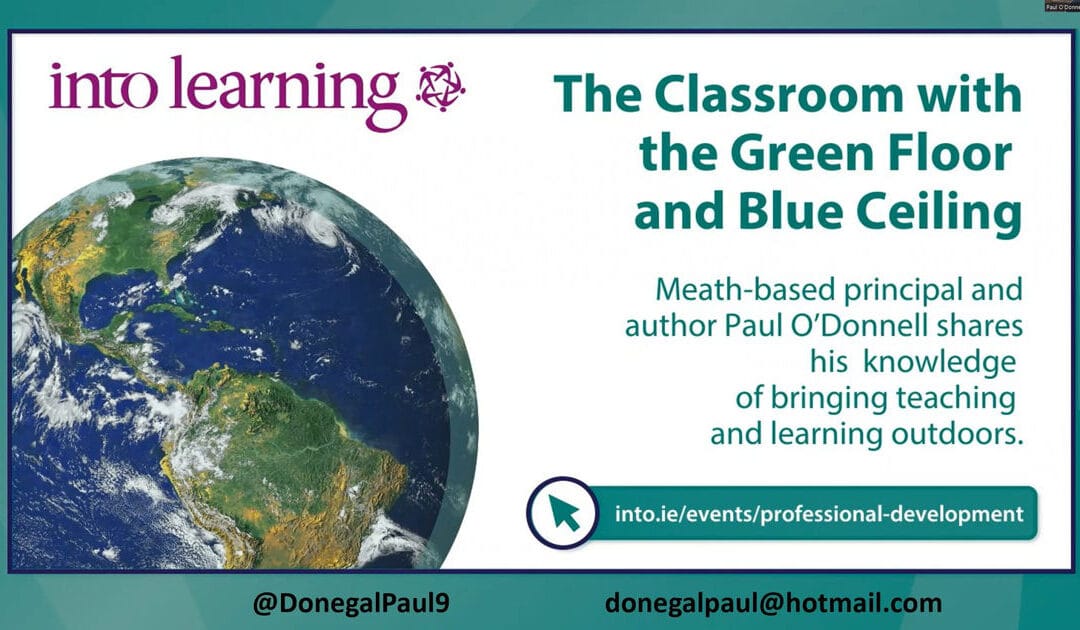
The Classroom with the Green Floor and the Blue Ceiling
This recorded webinar from the Irish National Teachers Organisation Learning series provides practical advice to teachers on how to bring teaching and learning outdoors. The webinar is hosted by a primary school Principal, Paul O’Donnel, who shares his passion and experience of teaching in the outdoors.

Online self-study courses ESD methods: Station Learning
The document provides a comprehensive guide on Station Learning, outlining its pedagogical background, implementation process, and benefits for education. It explains how teachers can design, prepare, and assess station-based lessons while fostering self-directed, experiential, and competency-based learning. The method promotes engagement, differentiation, and interdisciplinary teaching, making it ideal for modern classrooms.
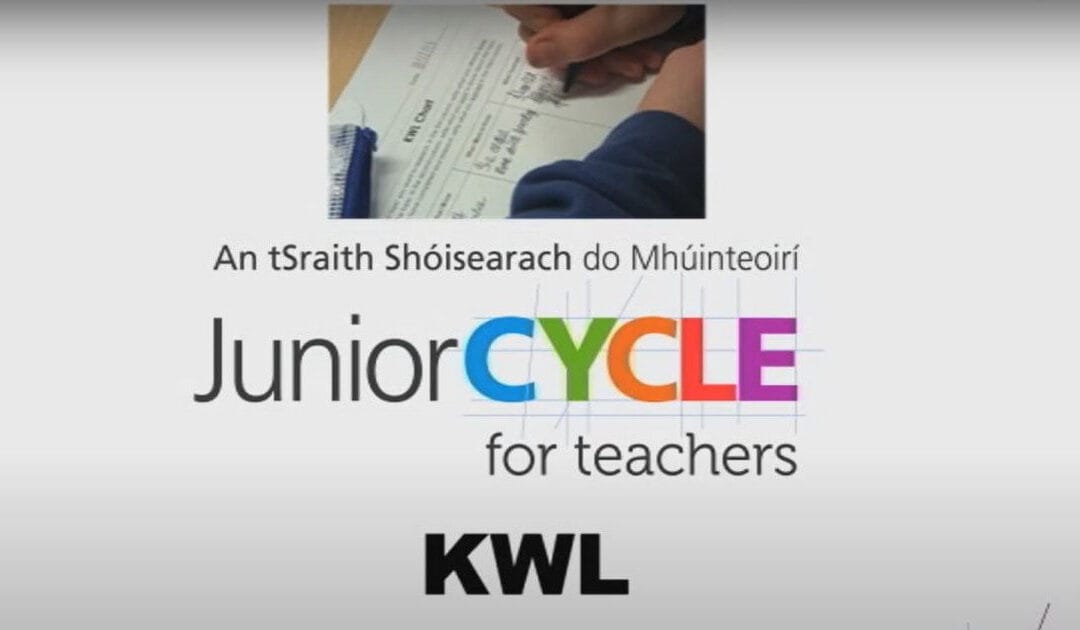
KWL Chart – Active Methodology
This active teaching method allows students to express what they Know (K), Want to Know (W) and what they have Learned (L) from a lesson. By being aware of students’ interests and prior knowledge, the teacher can create projects and assignments that are both challenging and enjoyable for the students.
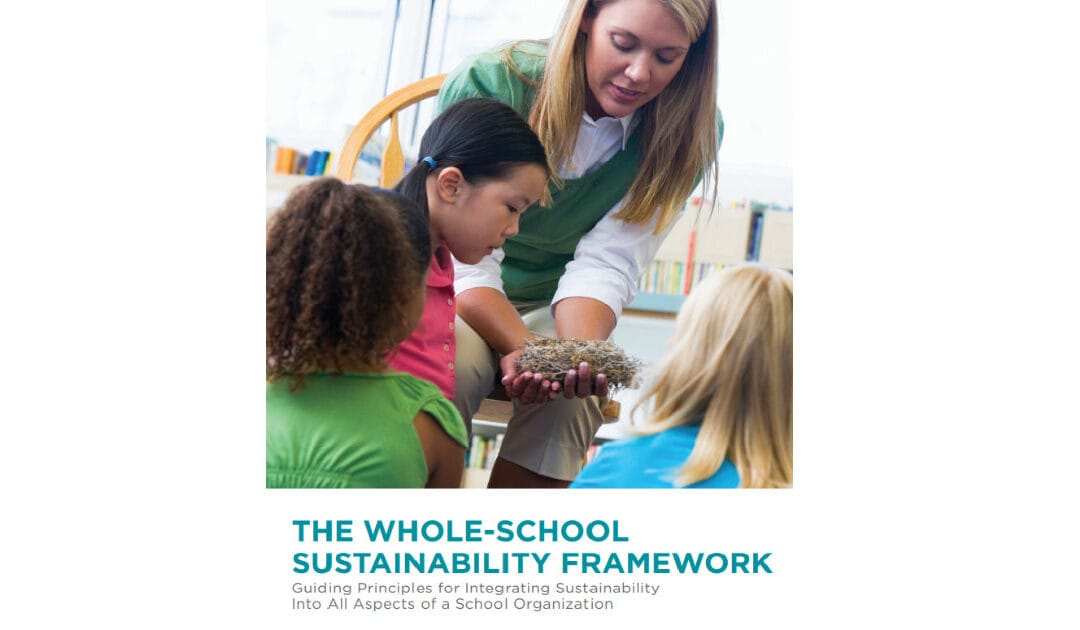
Whole-School Sustainability Framework
This is a framework for embedding sustainability throughout school operations, teaching, and culture. It outlines a vision for whole-school transformation through leadership, systems thinking and shared values.

